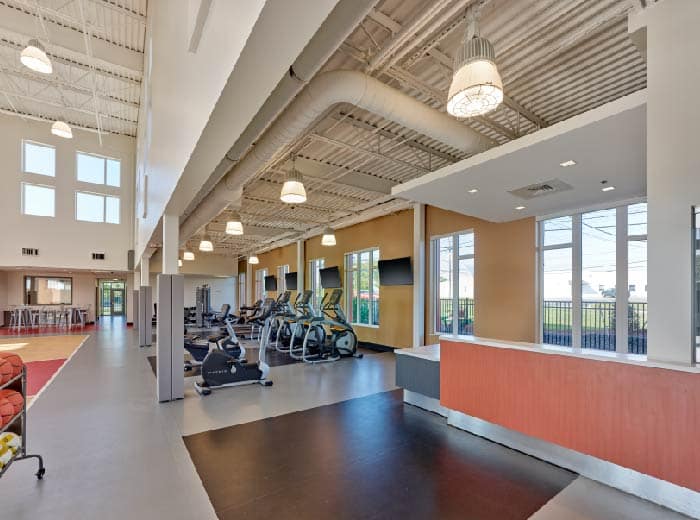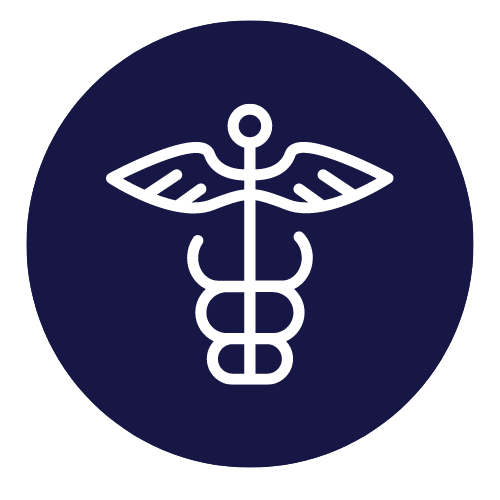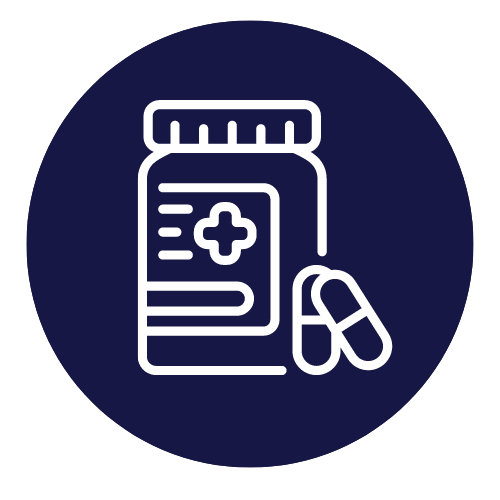What Is a Partial Hospitalization Program?
A partial hospitalization program (PHP) is the next step in addiction recovery after inpatient rehab. It offers a balance between the around-the-clock care of inpatient hospitalization and the independence of outpatient care. At The Recovery Village Cherry Hill at Cooper, PHP gives patients the medical assistance they need while building critical skills for sobriety.


Am I ready to enter the PHP?
If any of these apply to you, your clinical team may recommend transitioning to PHP as part of your care.
What To Expect in Our PHP
After inpatient treatment, a PHP schedule is the first step toward independent living and getting back to a normal life.
Generally, PHP patients will complete individual counseling once a week and evidence-based treatment with a group six days a week. Our medical staff addresses your physical, mental and social needs to craft a therapeutic plan filled with evidence-based treatments and holistic options to grow your recovery each day.

Individual and group therapy

Expert medical care

Treatment for co-occurring disorders

Medication management
Tour Our Facility
Speak With Admissions
Speak with a Recovery Advocate who can answer your questions and get you the help you need.


FAQs About Our Partial Hospitalization Program
Is drug or alcohol detox included?
Medical detox is not provided as part of a PHP. Individuals needing medical detox can complete that program separately before starting the PHP phase of treatment.
Will I be forced to stay in rehab during PHP?
Leaving treatment early often leads to relapse and overdose, so we always encourage clients to complete their entire treatment plan. However, clients may leave treatment, even against medical advice, at any time as long as they are not a danger to themself or others. The partial hospitalization program is also available as an online teletherapy program for those cleared to start at this level of care.
Do partial hospitalization programs work?
Yes, PHPs help clients transition from the intensive environment of inpatient treatment to living on their own in outpatient care. This ensures clients get the right balance of medical care and independence at a critical stage. Without a smooth transition, patients may have an increased risk of relapse, overdose and other challenging outcomes.
How can I pay for PHP?
Insurance may cover some or all of a patient’s PHP treatment. Copays and meeting deductibles may still be involved. Without insurance, The Recovery Village Cherry Hill at Cooper can discuss a private payment plan with you.
Will I lose my job if I go to rehab?
Will I lose my kids if I go to rehab?
Treating your addiction is the best way to create a better future for your children. While there are no guarantees you’ll maintain child custody, completing rehab can reduce the negative effects of addiction on your life and make you more likely to keep your children.

Explore Other Levels of Care
Our full range of treatment options and personalized treatment plans ensure every client gets expert care that meets their needs.

 Insurance
Insurance About Us
About Us Our Facility
Our Facility Admissions
Admissions Programs
Programs Medical Detox
Medical Detox Inpatient Rehab
Inpatient Rehab Aftercare & Recovery
Aftercare & Recovery